The Energy Regulatory Commission (ERC) expresses reservations about proposals to increase the number of commissioners, citing potential bureaucracy. The ERC suggests alternative solutions through reorganization and capacity building.
The Energy Regulatory Commission (ERC) expressed concerns about proposals to expand the number of commissioners from five to nine, arguing that it would make the agency too bureaucratic. The proposal emerged from discussions in the House of Representatives regarding amendments to the Electric Power Industry Reform Act of 2001.
\ERC chairperson Monalisa Dimalanta acknowledged the well-intentioned nature of the proposal but stated that it might be unnecessary once the commission is allowed to reorganize, establish new offices and positions, increase personnel, and implement institutionalized training and capacity building. These changes, she believes, will facilitate timely case evaluation without making the agency overly centralized and bureaucratic. \Dimalanta explained that the proposal to increase commissioners to nine would create regional commissions with three commissioners each assigned to a grid: Luzon, Visayas, and Mindanao. Certain matters would require a full en banc session with all nine commissioners. \She mentioned that the proposal resulted from collaboration between legislators and various stakeholders and is currently under review by the Committee on Appropriation in Congress. Dimalanta highlighted that the ERC successfully included provisions in the draft regarding limited fiscal autonomy, allowing them to retain a portion of their collections for specific purposes like training and salaries. \Separately, the ERC invited public feedback on a draft resolution amending ERC Resolution No. 6, Series of 2019, which deals with the net-metering program for renewable energy. The draft resolution proposes significant amendments to the net-metering rules aimed at enhancing transparency, accountability, and ease of implementation. One key amendment addresses the transfer of net-metering credits in cases of property ownership changes, ensuring that accrued credits are transferred to the new owner upon compliance with existing rules and execution of necessary documents, including a new net-metering agreement with the relevant distribution utilities (DUs)
ENERGYREGULATORYCOMMISSION NET-METERING RENEWABLEENERGY ELECTRICITY AUTOMOMY
Philippines Latest News, Philippines Headlines
Similar News:You can also read news stories similar to this one that we have collected from other news sources.
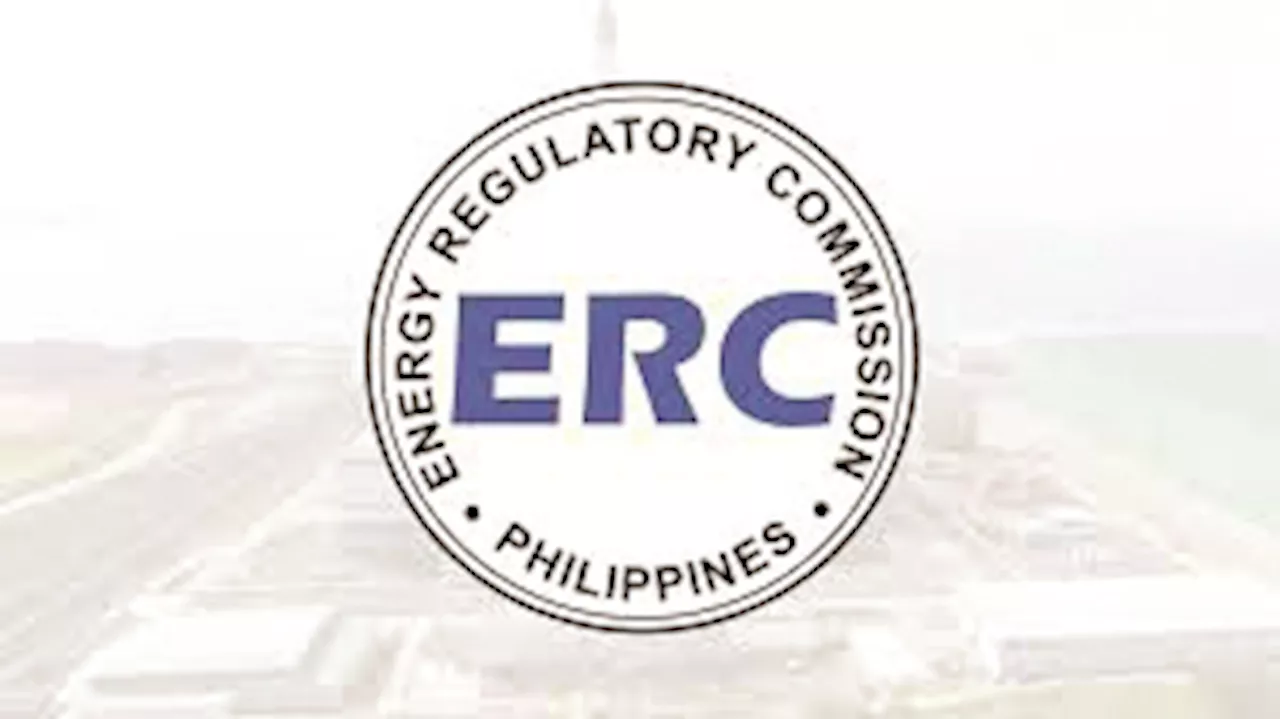 ERC Prioritizes Rate Reset for Meralco, NGCP in First Half of 2025The Energy Regulatory Commission (ERC) has outlined its regulatory priorities for the first semester of 2025, focusing on completing the rate reset for Manila Electric Co. (Meralco) and National Grid Corp. of the Philippines (NGCP). ERC chairperson Monalisa Dimalanta stated their goal to finalize the 4th regulatory period rate reset for NGCP and resolve Meralco’s 5th RP and its expected refund. She also highlighted plans to address pending applications from other distribution utilities and resolve all universal charge for missionary electrification petitions of the National Power Corp. Additionally, the ERC aims to finalize resolutions for all expiring agreements and implement retail competition and open access with an aggressive campaign.
ERC Prioritizes Rate Reset for Meralco, NGCP in First Half of 2025The Energy Regulatory Commission (ERC) has outlined its regulatory priorities for the first semester of 2025, focusing on completing the rate reset for Manila Electric Co. (Meralco) and National Grid Corp. of the Philippines (NGCP). ERC chairperson Monalisa Dimalanta stated their goal to finalize the 4th regulatory period rate reset for NGCP and resolve Meralco’s 5th RP and its expected refund. She also highlighted plans to address pending applications from other distribution utilities and resolve all universal charge for missionary electrification petitions of the National Power Corp. Additionally, the ERC aims to finalize resolutions for all expiring agreements and implement retail competition and open access with an aggressive campaign.
Read more »
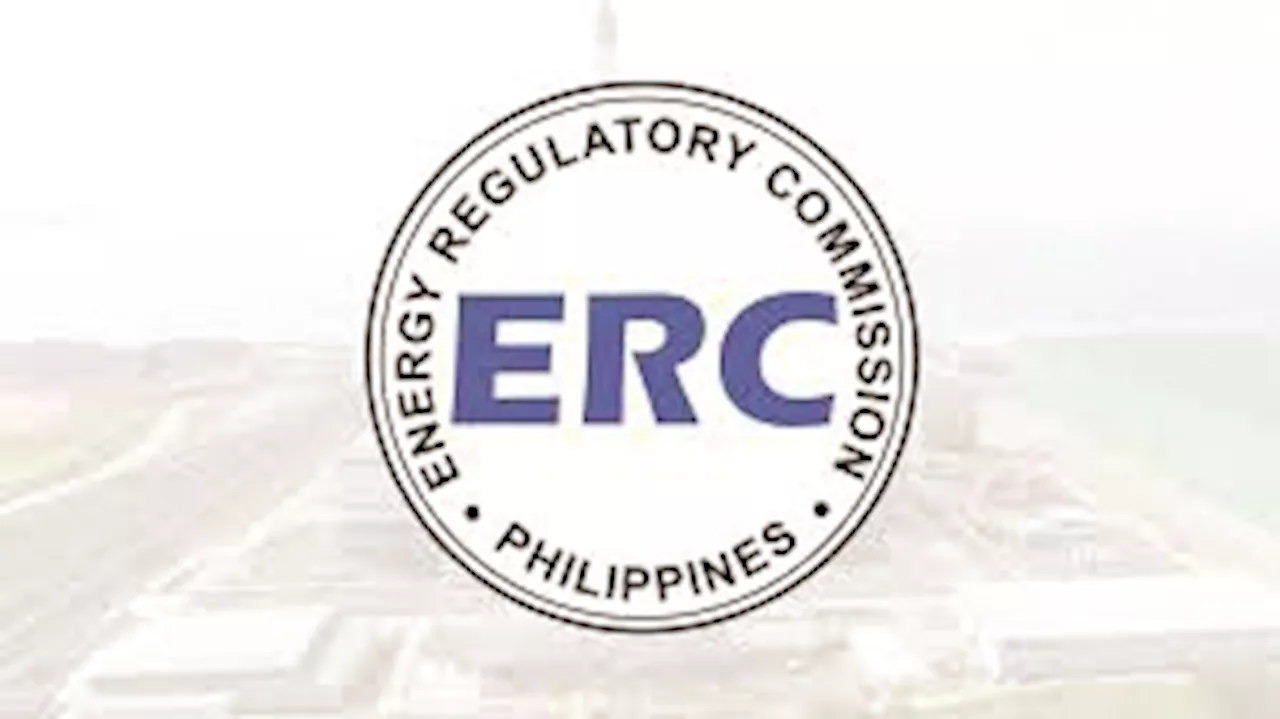 ERC welcomes SC ruling on power sectorThe Energy Regulatory Commission (ERC) welcomed the Supreme Court’s ruling affirming the commission’s authority to regulate the generation and supply
ERC welcomes SC ruling on power sectorThe Energy Regulatory Commission (ERC) welcomed the Supreme Court’s ruling affirming the commission’s authority to regulate the generation and supply
Read more »
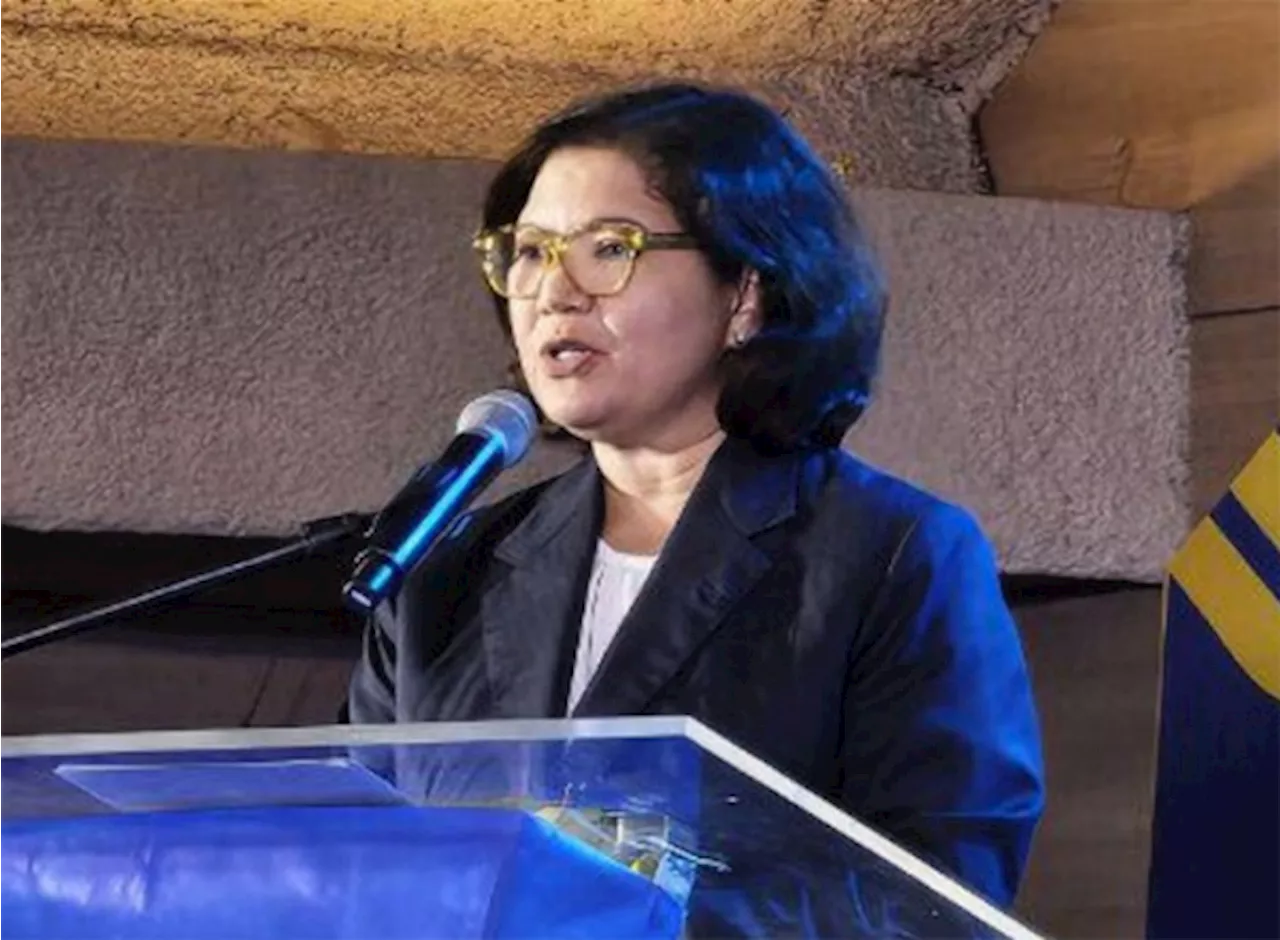 ERC Admits Lack of Rules Following Delayed NGCP Regulatory ResetThe Energy Regulatory Commission (ERC) acknowledged the absence of regulations after failing to approve NGCP's 4th regulatory reset application on time. ERC chairperson Monalisa Dimalanta testified before the House Committee on Legislative Franchises, stating that a legal vacuum existed after the 3rd regulatory period expired. NGCP's applications for the 4th and 5th regulatory resets, covering 2016-2020 and 2021-2025 respectively, were impacted by this lack of rules. The ERC issued an interim rate in 2020, recognizing the absence of valid rates from 2016 to 2020. Dimalanta emphasized that the interim rate was temporary and subject to a full regulatory reset to establish correct rates. She admitted that the ERC should have resolved the 4th regulatory reset instead of relying on interim arrangements.
ERC Admits Lack of Rules Following Delayed NGCP Regulatory ResetThe Energy Regulatory Commission (ERC) acknowledged the absence of regulations after failing to approve NGCP's 4th regulatory reset application on time. ERC chairperson Monalisa Dimalanta testified before the House Committee on Legislative Franchises, stating that a legal vacuum existed after the 3rd regulatory period expired. NGCP's applications for the 4th and 5th regulatory resets, covering 2016-2020 and 2021-2025 respectively, were impacted by this lack of rules. The ERC issued an interim rate in 2020, recognizing the absence of valid rates from 2016 to 2020. Dimalanta emphasized that the interim rate was temporary and subject to a full regulatory reset to establish correct rates. She admitted that the ERC should have resolved the 4th regulatory reset instead of relying on interim arrangements.
Read more »
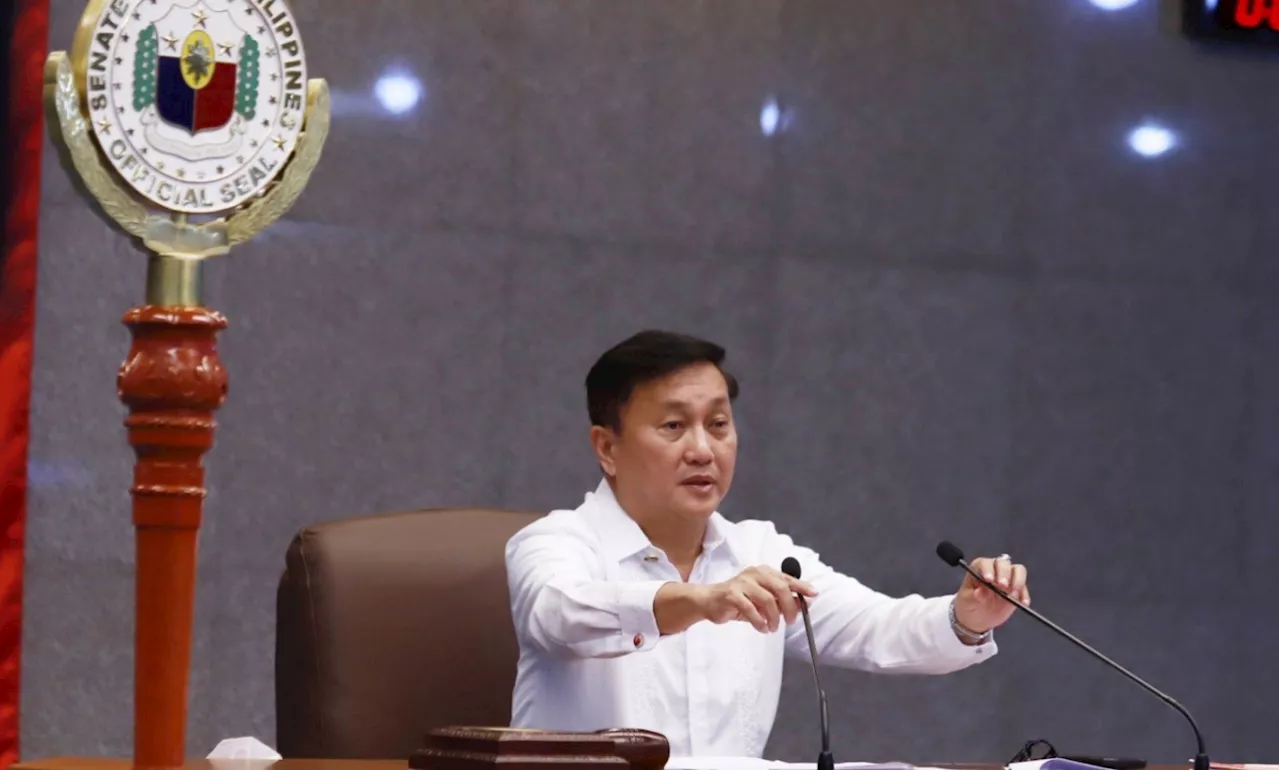 Senator Criticizes ERC for Inefficiency in Power Rate Reset ManagementSenator Francis Tolentino has strongly criticized the Energy Regulatory Commission (ERC) for its perceived failure to effectively manage power rate resets, citing the lengthy delay in addressing Manila Electric Co.'s (Meralco) rate reset application as a prime example.
Senator Criticizes ERC for Inefficiency in Power Rate Reset ManagementSenator Francis Tolentino has strongly criticized the Energy Regulatory Commission (ERC) for its perceived failure to effectively manage power rate resets, citing the lengthy delay in addressing Manila Electric Co.'s (Meralco) rate reset application as a prime example.
Read more »
 ERC: Rules absent after failure to approve NGCP’s 4th regulatory reset“Kaya po interim lang ang pinasa ng commission.'
ERC: Rules absent after failure to approve NGCP’s 4th regulatory reset“Kaya po interim lang ang pinasa ng commission.'
Read more »
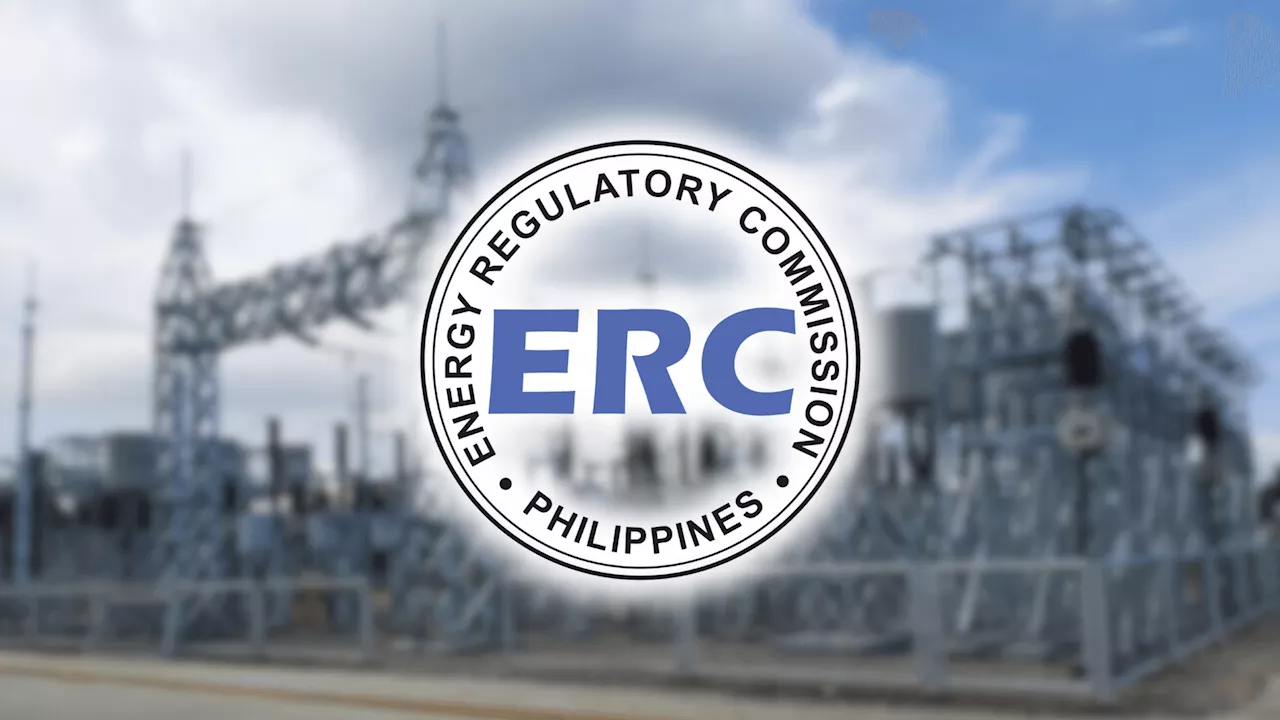 ERC firms up ‘pricing parameters’ for GEA-3’s hydro, geothermal capacitiesThe Energy Regulatory Commission (ERC) has firmed up the intricate ‘tariff-setting parameters’ or price determination methodology that will anchor the 20-year power supply agreements (PSAs) in the third Green Energy Auction (GEA-3) to be administered by the Department of Energy (DOE) - targeting 100 megawatts of geothermal and a robust 4,375...
ERC firms up ‘pricing parameters’ for GEA-3’s hydro, geothermal capacitiesThe Energy Regulatory Commission (ERC) has firmed up the intricate ‘tariff-setting parameters’ or price determination methodology that will anchor the 20-year power supply agreements (PSAs) in the third Green Energy Auction (GEA-3) to be administered by the Department of Energy (DOE) - targeting 100 megawatts of geothermal and a robust 4,375...
Read more »
